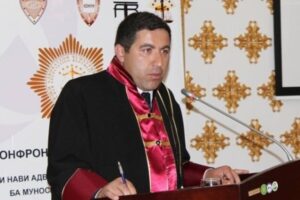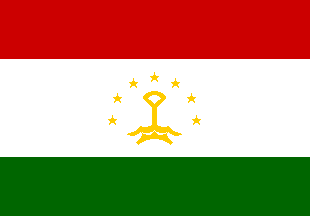
Mar 28, 2018 | Адвокаси, Неюридические заявления
Сегодня МКЮ представила доклад Комитету ООН против пыток, в котором содержится призыв к рекомендациям по предотвращению и подотчетности для дальнейшего применения пыток и жестокого обращения в Таджикистане.
Представление МКЮ проводится до рассмотрения Комитетом против пыток в апреле-мае 2018 года третьего периодического доклада Таджикистана о выполнении его обязательств по Конвенции против пыток и других форм жестокого, бесчеловечного или унижающего достоинства обращения или наказания.
В докладе МКЮ говорится о более раннем исследовании, «Обеспечение правосудия в случаях грубых нарушений прав человека в Таджикистане», и призывает Комитет против пыток вынести рекомендации относительно:
- Обязательство адекватно санкционировать пытки;
- Обязательство предотвращать пытки и другие формы жестокого обращения, в том числе в местах содержания под стражей;
- Обязательство расследовать утверждения о пытках и жестоком обращении;
- Использование амнистий и помилований лицами, совершившими пытки;
- Запрет на использование доказательств, полученных в результате пыток;
- Право жаловаться на пытки и жестокое обращение; а также
- Право жертв на эффективные средства правовой защиты и возмещение.
Tajikistan-CAT-Advocacy-AlternativeReport-2018ENG (скачайте представление МКЮ на английском, PDF)

Mar 27, 2018 | News
The ICJ and Suara Rakyat Malaysia (SUARAM) today urged Malaysia’s Parliament not to pass the Anti-Fake News Bill 2018.
The two organizations are concerned that the bill will unduly limit freedom of opinion or expression in Malaysia, and could be used to suppress legitimate criticism of the government.
“The bill is flawed in its design and will be open to abuse by the Malaysian government which maintains a poor track record in upholding freedom of expression,” said Sevan Doraisamy, SUARAM’s Executive Director.
“The term ‘fake news’ is in itself problematic. It is defined in an overbroad manner in the draft law, and therefore vulnerable to arbitrary interpretation and enforcement,” said Emerlynne Gil, ICJ’s Senior International Legal Adviser.
“Given past experience in Malaysia, it is highly likely to be used to suppress legitimate criticism of the government on matters of opinion or where the facts are contested,” she added.
The right to freedom of opinion and expression is guaranteed by the Federal Constitution of Malaysia, as well as the Universal Declaration of Human Rights.
The bill makes no provision for exceptions or defences such as honest mistake, parody, artistic merit, or public interest. The bill would allow up to ten years imprisonment.
“The penalties are wildly disproportionate,” said Gil. “Indeed, under international standards, imprisonment is never an appropriate penalty for such offences.”
On 3 March 2017, the UN Special Rapporteur on Freedom of Opinion and Expression, together with his counterparts from the Organization for Security and Cooperation in Europe (OSCE), the Organization of American States (OAS), and the African Commission on Human and People’s Rights (ACHPR), issued a joint declaration on ‘fake news’, disinformation, and propaganda.
The joint declaration emphasized that “the human right to impart information and ideas is not limited to ‘correct’ statements, that the right to also protects information and ideas that may shock, offend and disturb.”
It also said that “general prohibitions on the dissemination of information based on vague and ambiguous ideas, including ‘false news’ or ‘non-objective information’ are incompatible with international standards for restrictions on freedom of expression.”
The ICJ and SUARAM also note that the timing and the lack of transparent consultation on how it was developed raise concerns about the government’s motivation behind the introduction of this bill.
The bill has been introduced during the final days of Parliament sitting and is expected to be voted on within this week, leaving little time for deliberation or consultation.
“Allowing this bill to be passed would only serve as an affront to democratic values. It will be another strike on Malaysia’s already shoddy human rights record,” Doraisamy said.
“Adopting a law that would unduly limit the right to freedom of opinion and expression is not the optimal way to counter disinformation and propaganda,” said Gil.
“The best way is to disseminate accurate information and to make such information accessible to everyone,” she added.
The ICJ and SUARAM strongly urge the Malaysian parliament not to pass the Anti-Fake News Bill 2018 and uphold the right to freedom of opinion and expression in the country.
Contact
Emerlynne Gil, Senior International Legal Adviser for Southeast Asia of ICJ, t: + 662 619 8477 (ext. 206) ; e: emerlynne.gil@icj.org
Background
The Anti-Fake News Bill 2018 has been tabled for first reading at the Malaysian Parliament on 26 March 2018 and may be voted on this week or early next week.
The bill defines ‘fake news’, without any defences or exceptions, as including “any news, information, data and reports” which are “wholly or partly false”.
Furthermore, the bill states that ‘fake news’ may be “in the form of features, visuals or audio recordings or in any other form capable of suggesting words or ideas.”
If passed, any person may be subject to a penalty of up to ten (10) years imprisonment and/or a fine amounting to MYR 500,000 (approximately USD 127,681) if convicted of knowingly creating, offering, publishing, printing, distributing, circulating, or disseminating any ‘fake news’ or publication of ‘fake news’.
The bill also seeks to penalize both Malaysians and foreigners alike, even if they are outside of Malaysia, as long as the fake news concerns Malaysia or a Malaysian citizen.
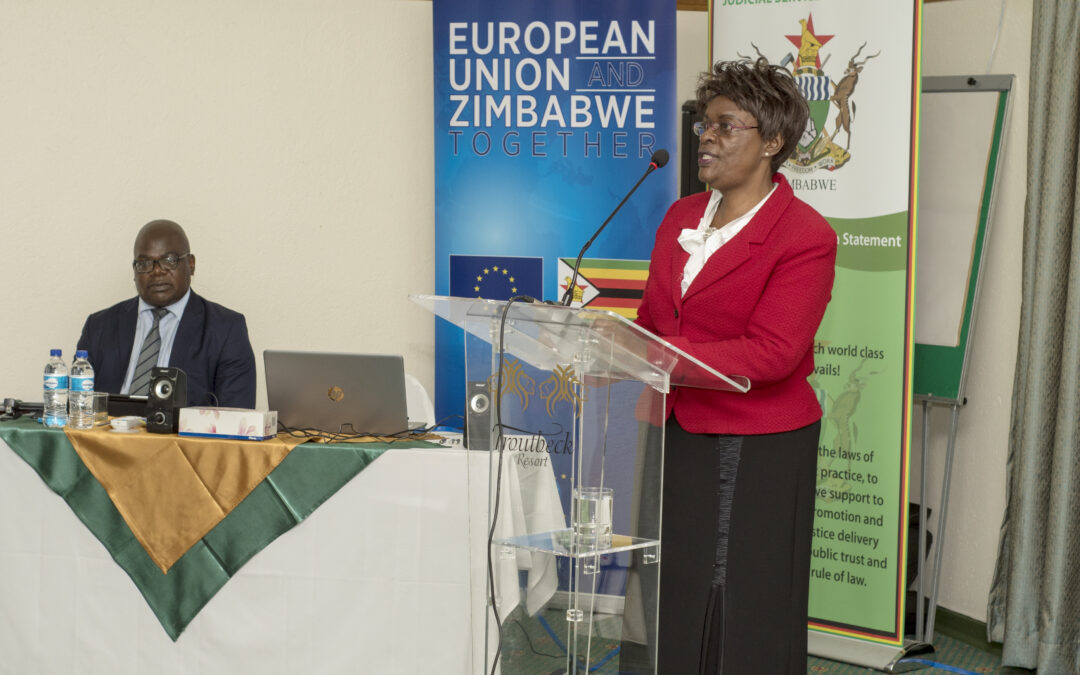
Mar 22, 2018 | News
The ICJ and the Judicial Service Commission (JSC) of Zimbabwe, are convening a three-day Orientation Workshop for newly appointed judges.
It is held until 24 March at Troutbeck Inn, Nyanga.
The workshop is the fourth such meeting that the ICJ and the JSC have convened with the support of the European Union.
The training provides a useful bridge for the new appointees as they transition from the bar to the bench.
The topics covered during the training include judgement writing, court procedure and decorum, substantive law, judicial independence and issues of integrity on the bench.
The Hon. Judge President Chiweshe in his opening remarks stated that the objectives of the workshop are to familiarize incoming judges with their new work environment and to acquaint them with the specific divisions of that court.
This is to prepare them for the full assumptions of work in the judiciary. Justice Chiweshe noted that each division, criminal, civil and family law, will expose the judges to its own activities, guided by the judge from that division.
After the training the hope is that the judges will be deployed to their respective regions and stations fully acquitted with the tasks before them and can dispense justice diligently, impartially, fairly, without fear, favour or promise.
In attendance at the first day of the workshop were 17 judges (four female and thirteen male).
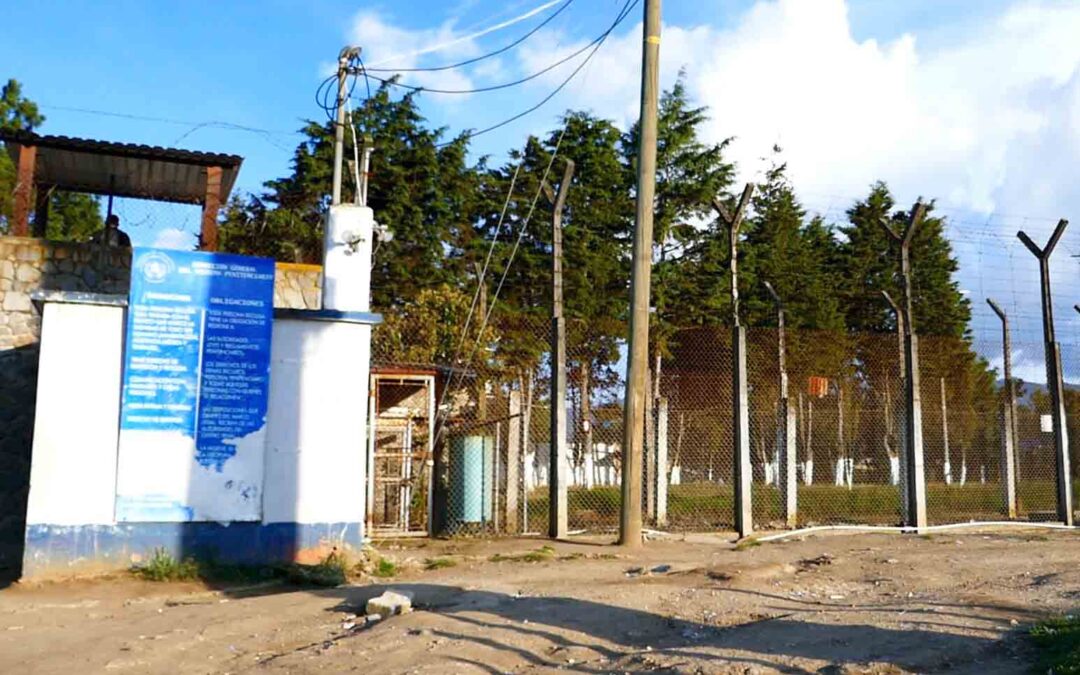
Mar 22, 2018 | Articles, Multimédia, Nouvelles
Des leaders communautaires a ont été accusés d’actions criminelles présumées et, dans certains cas, arbitrairement détenus pour avoir chercher à protéger leurs terres et leurs ressources naturelles des impacts négatifs liés à des projets industriels et à leurs infrastructures.
Une telle réponse est destinée à faire taire les voix dissidentes et leurs demandes légitimes de consentement libre, préalable et informé à l’installation de ces projets et infrastructures sur les terres des communautés indigènes.
Cette vidéo comprend des interviews de Ramón Cadena, directeur de la CIJ pour l’Amérique centrale, de deux dirigeants indigènes traditionnels qui ont été victimes de détention arbitraire, et d’une responsable communautaire qui explique l’impact de la détention sur la famille et toute la communauté.
La criminalisation du travail lié aux droits de l’Homme est un phénomène qui conduit à accuser pénalement des dirigeants communautaires simplement parce qu’ils s’opposent à un modèle de développement basé sur les industries extractives ou la privatisation de services sociaux essentiels.
Ce type de développement porte atteinte aux ressources naturelles (eau, sols et environnement) des territoires indigènes.
C’est un phénomène global mais particulièrement marqué au Guatemala.
L’exploitation de ressources naturelles, par le biais de mines à ciel ouvert et des autres opérations extractives industrielles sur les territoires autochtones, est l’une des principales raisons de la répression des protestations sociales et du travail des droits de l’Homme.
Du fait de l’impact environnemental de ce type d’exploitation, les différentes communautés s’y opposent et un certain nombre de dirigeants ont payé de leur vie cette opposition.
Lorsque des membres de leurs familles ont continuer à contester ces projets industriels, ils ont à leur tour été accusés d’infractions pénales.
Au Guatemala, il y a aussi un conflit social intense en raison de la manière dont sont gérés le réseau et l’approvisionnement électriques.
Suite à la privatisation du service d’électricité en 1966, l’Etat guatémaltèque a accordé des concessions à des entreprises nationales et internationales.
Au fil du temps, de nombreux utilisateurs se sont plaints de la piètre qualité et du coût élevé des services fournis par ces entreprises privées.
La Commission nationale de l’électricité n’a pas respecté son devoir de « s’assurer que les obligations des concessionnaires et des entrepreneurs soient remplies et les droits des utilisateurs protégés », ce que de nombreux utilisateurs mécontents ont exigé.
A cause de cette situation, de nombreux consommateurs se sont déclarés être en résistance, citant l’article 45 de la Constitution guatémaltèque stipulant qu’ «il est légitime que la population résiste pour protéger et défendre ses droits et ses garanties inscrites dans la constitution».
Pour avoir agi sur la base de cette protection constitutionnelle de nombreux dirigeants communautaires, des avocats et des défenseurs des droits de l’Homme ont été victimes d’attaques.
La CIJ soutient l’accès à la justice pour les personnes victimes de ces violations des droits de l’Homme.
Elle soutient les avocats qui défendent les victimes de la criminalisation des contestations sociales ; elle observe les procès des cas emblématiques ; elle promeut le dialogue entre les communautés et les autorités étatiques concernées ainsi qu’avec les maires locaux ; et dans certains cas, elle appuie les soumissions devant la Cour constitutionnelle.
Voir la vidéo:
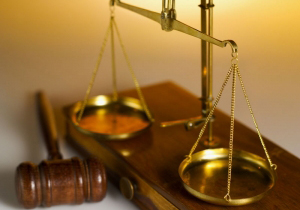
Mar 22, 2018 | News
The ICJ has been awarded a grant from the Royal Norwegian Embassy in Mexico to continue its work in the area of independence of the judiciary in Guatemala.
This initiative titled “Strengthening the rule of law in Guatemala, Phase II” aims to strengthen domestic compliance with, and implementation of, international standards providing for judicial independence through the training of judges, raising awareness on this topic, as well as providing support to judges at risk.
The ICJ will be working together with the Mayan Association of Lawyers and Notaires of Guatemala as a partner in this action, through a sub grant of 1,622,801 NOK.
Guatemala-Grant Agreement with Norway-2018-ENG (full grant agreement, in PDF)








